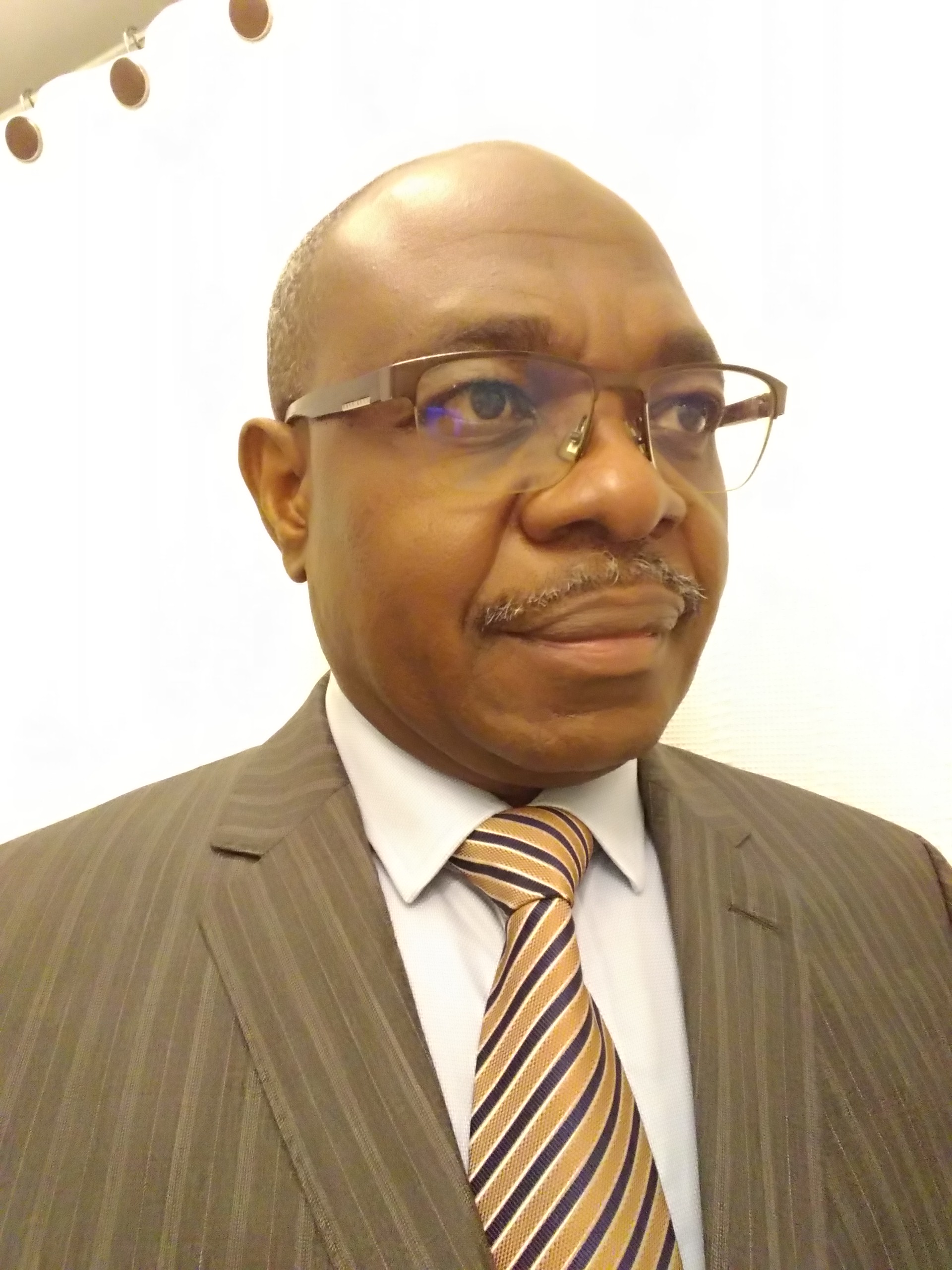
Victor Songmene
École de Technologie Superieure (ÉTS), University of Quebec, Montreal (QC), H3C-1K3, Canada
Biography
Pr Victor Songmene received his PhD from École Polytechnique de Montréal, Canada, in 2001. He has been with the Industrial Research and Development Institute (IRDI), Toronto, Canada, from 1995–2001. He is currently a full professor at University of Quebec, École de Technologie Supérieure (ÉTS), Montréal, Canada. Since joining the university he has put his expertise on developping sustainable and safe machining practices for industry. Past and current north american industries collaborating with him include A. Lacroix Granite, Sorel forge inc., MDA corporation, Generals Motors, Wescast Industries, RioTinto Alcan, Generals electrics and the Institut de recherche Robert-Sauvé en santé et en sécurité du travail (IRSST), one of the leading OHS research centres in Canada. Professeur Songmene’s expertise include metal cutting, fine and nanoparticle control, optimisation and environmentally conscious manufacturing. He is Director of the Product, Processes and Systems Engineering Laboratory (P2SEL). He has published more than 150 papers in reputed journals and has produced more than 50 technical reports for North American industries.
Abstract
Machining is necessary to shape parts but it is also an important source of pollution (such as dust and aerosols) and this constitutes hazards for machine-tools operators. The emission of dust and the overall shop floor air quality are of great concern when shaping dusty materials such as granite (containing silica) but also woods products, composites materials and metals. In recent times, the occupational health and safety regulations have become more severe. To quickly comply with new regulations, engineers and researchers must help industries in developing strategies to limit workers risk of exposure to these hazards.
This keynote presentation will addres progress on fine and ultrafine particle emission during machining and polishing of granite, metals, woods and composites. The focus will be on OHS aspects but also on the effects of machining conditions on machining shop floor air quality and means of reducing at the sources of these hazards without sacrifying the productivity and the machined part quality.